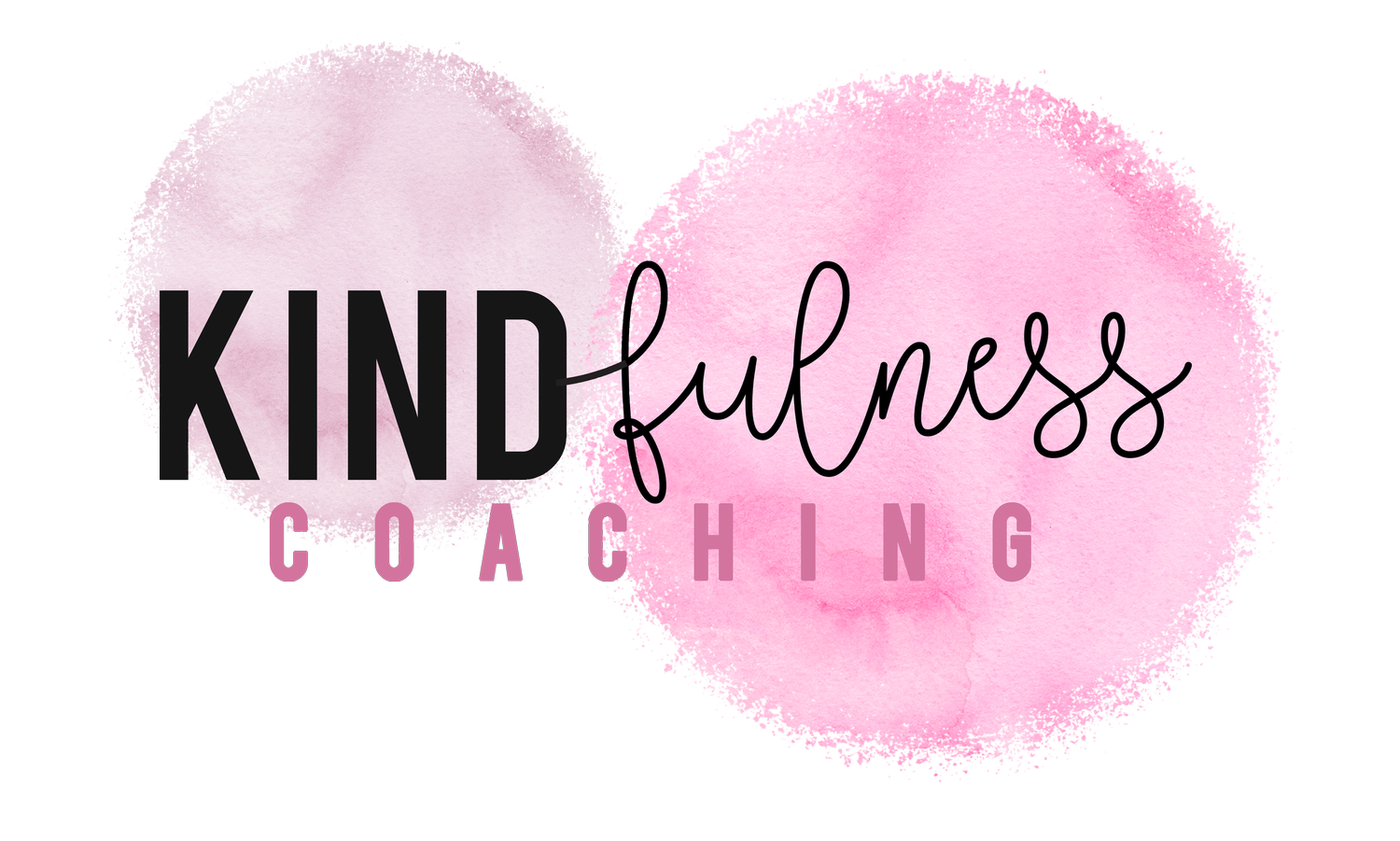5 Ways to Reduce Stress When You Are Overwhelmed
Between work, appointments, household chores, and parenting and relationship duties, we all have a lot on our plates right now. As the to-dos pile on, it can be hard to know what to tackle first, which can lead to feelings of being overwhelmed and stressed. Thinking about how to prioritize can be overwhelming in itself, however research tells us that constantly trying to multitask only ends up adding to our stress and we’re usually NOT successful.
How to Prioritize When Everything Feels Like A Priority
Have you ever felt the stress of “everything is important and it has to be done now… but I just can’t do it all.” I often find myself working with women who struggle with how to juggle it all. We have all been there… we feel pushed and pulled in different directions between our many roles and we’re trying to be a superhero (which is actually impossible!) which can easily become overwhelming and exhausting. You can’t do it all, and you should not try or be expected to. When everything feels important and like it needs to get done - it can be very difficult to figure out where to start and how to prioritize.
Don’t allow yourself to be so overwhelmed you do nothing…
Feeling overwhelmed? These tips will help you take control of your to-dos and help you to prioritize the right way!
1. What’s Your Top Priority
Keeping a long to-do list does not improve your productivity. If you’ve been following me, you know that I use the ABC’s of Productivity. Identify one to two A tasks per day that become non-negotiables in your routine. A tasks are activities that move you toward your goals - either at work or life, they get you out of your comfort zone and are easy to fall off your to-do list when you are NOT prioritizing yourself. A tasks can be sprinkled in your day and positioned for when you need them most!
2. Plan Your Week Ahead of Time
Brooke Castillo says it best “Monday Hour One, Friday Done,” spend 1 hour planning for your week (either Sunday or Monday!) and you leave Friday feeling happy, productive and successful, allowing you to show up more present in your personal life. Many of us look at our to-do list and do the easiest thing first - while we’re checking things off our to-do list - we may be spending hours on items that don’t need to get done until next week and we may be neglecting our priorities. Ask yourself, what’s the most urgent? What can wait for a week? Is there anything I can eliminate altogether? Doing this will allow you to spend your time working on what's most important.
3. Take 10 Minute Breaks
Robin Sharma’s 60/10 Method - focused work for 60 minutes - stretch, walk, fill your water, take a break and relax for 10 minutes. You will find yourself doing better quality work while eliminating distractions (checking your phone, getting coffee…) that you can tend to during your recovery. Take your recovery time to go for a quick walk, get fresh air - get that refresh that you need both mentally and physically to have the energy to tackle what’s most important.
4. Do a Brain Dump
You know the feeling… you’re working on the one project that you need to finish by the end of the day and you get side-tracked by all of the amazing ideas that come into your head. “Oh… I should probably just do that now, I have time.” NO! Use a specific notebook or white board to keep track of your brain dump list and all of the amazing ideas that you have to go back to them when you have time. Next week, take that list and decide how you can factor those in and prioritize for that week.
5. Journaling
When I tell my clients to journal, I get mixed reactions. Journaling can be structured or unstructured and there are great resources for someone who has never journaled before and needs a little guidance. Journaling can allow you a space with no judgement or advice that can help you sort through your feelings. Often stress and overwhelm are coming from so many places that we cannot pinpoint the root cause. Journaling gives you the opportunity to learn more about where your stress and overwhelm are coming from so that you can focus on how to work through the cause and build healthy habits to reduce stress.
What tip can you incorporate into your life to reduce stress and overwhelm?


